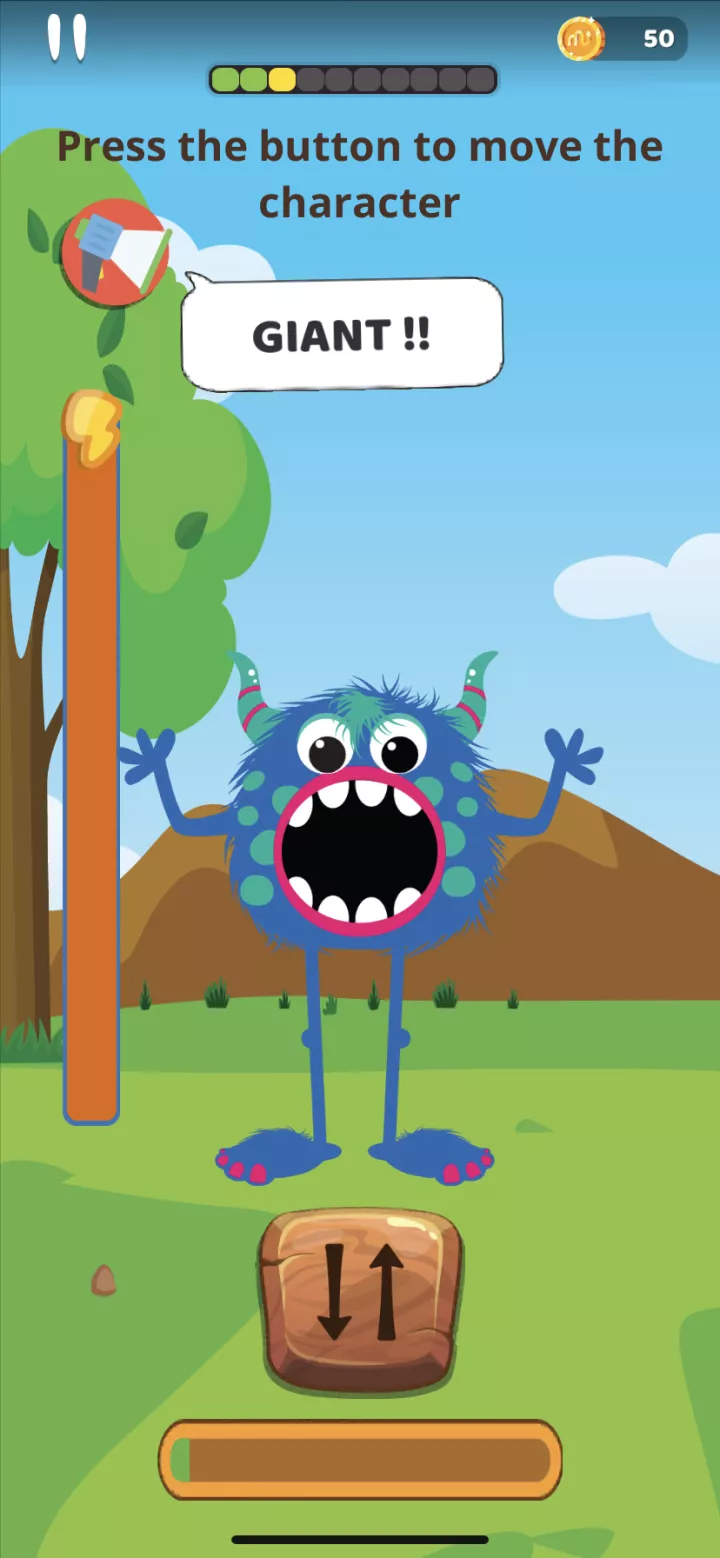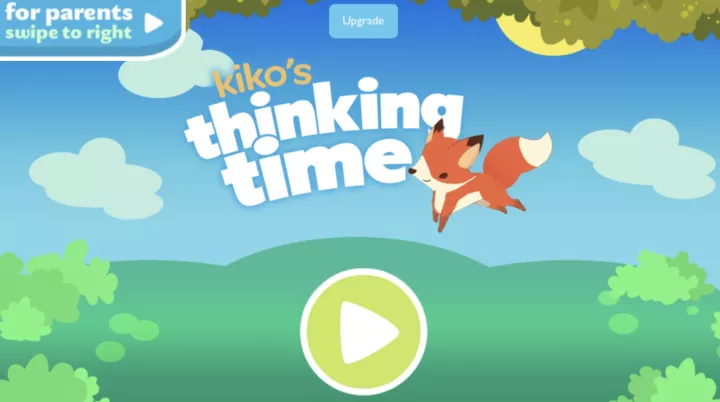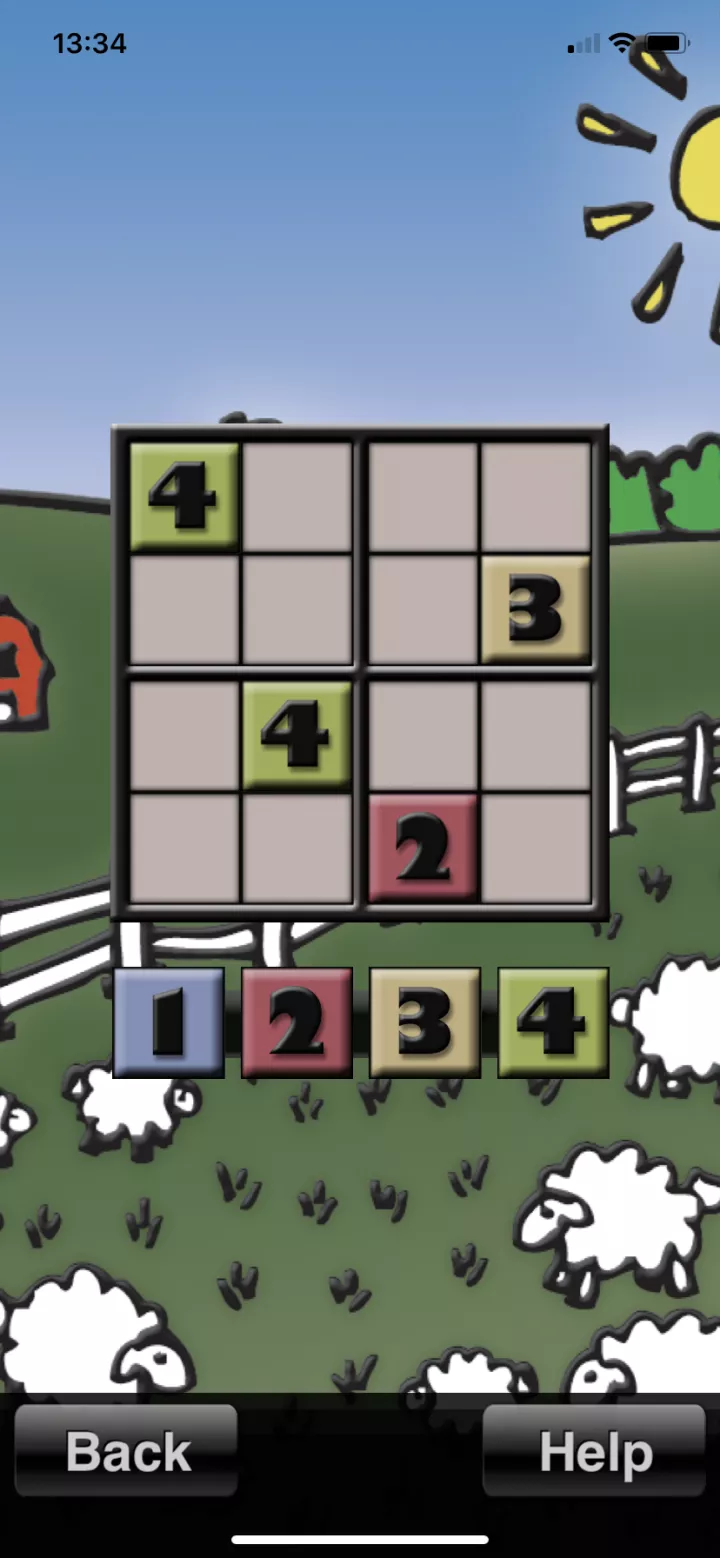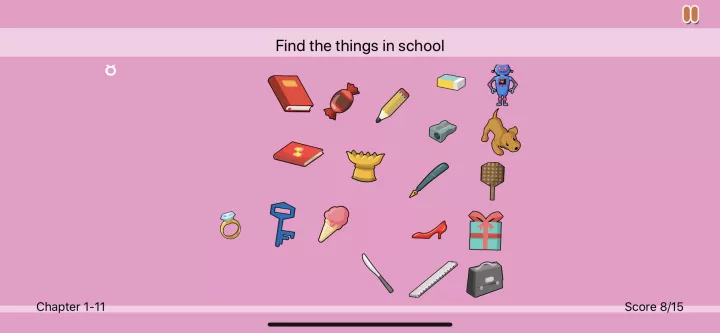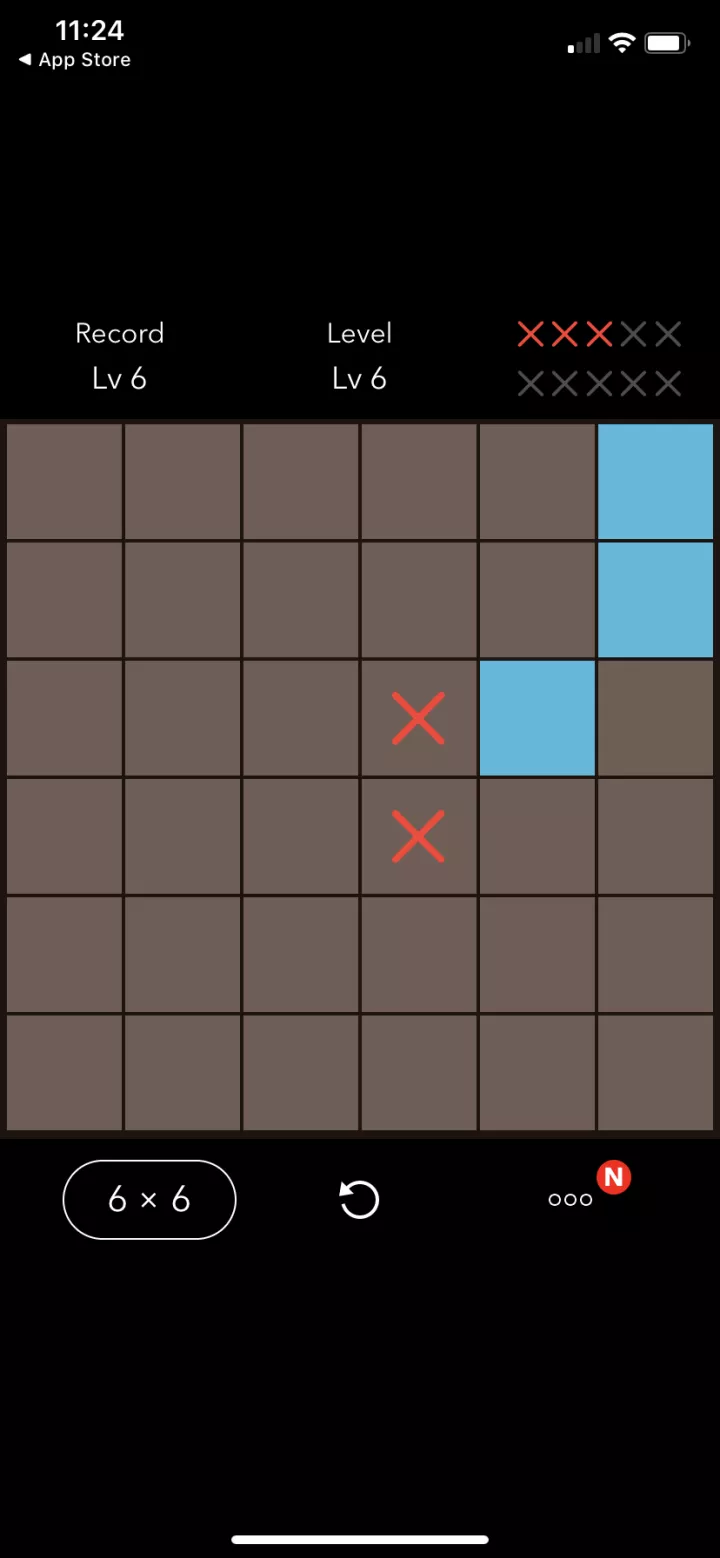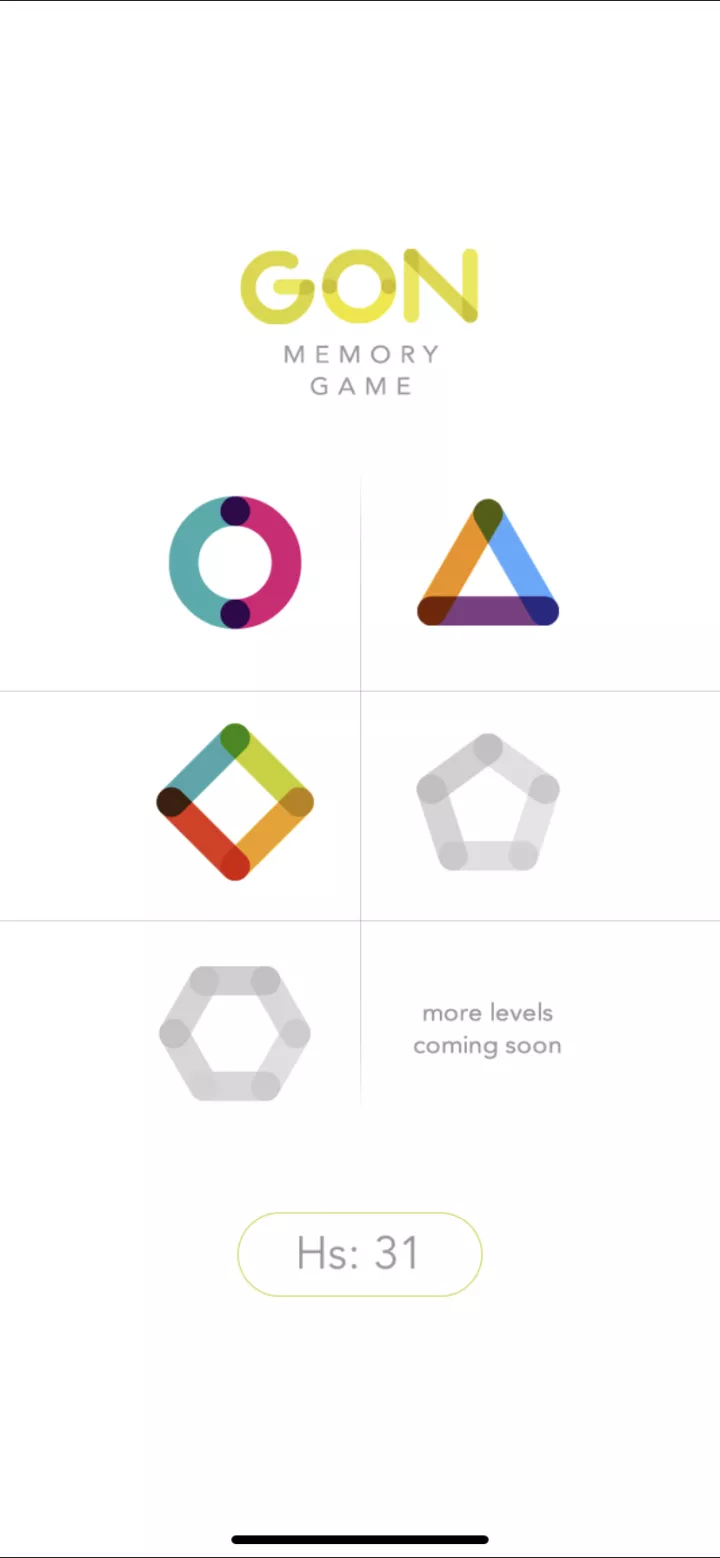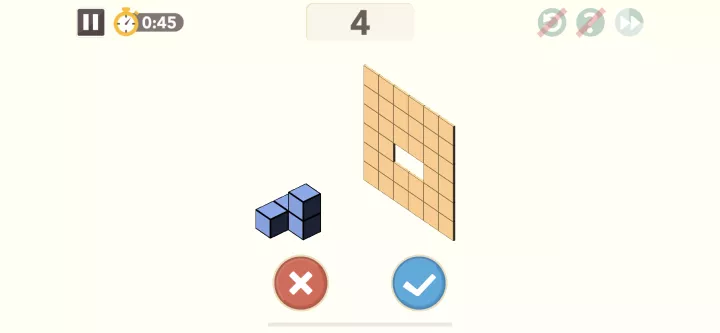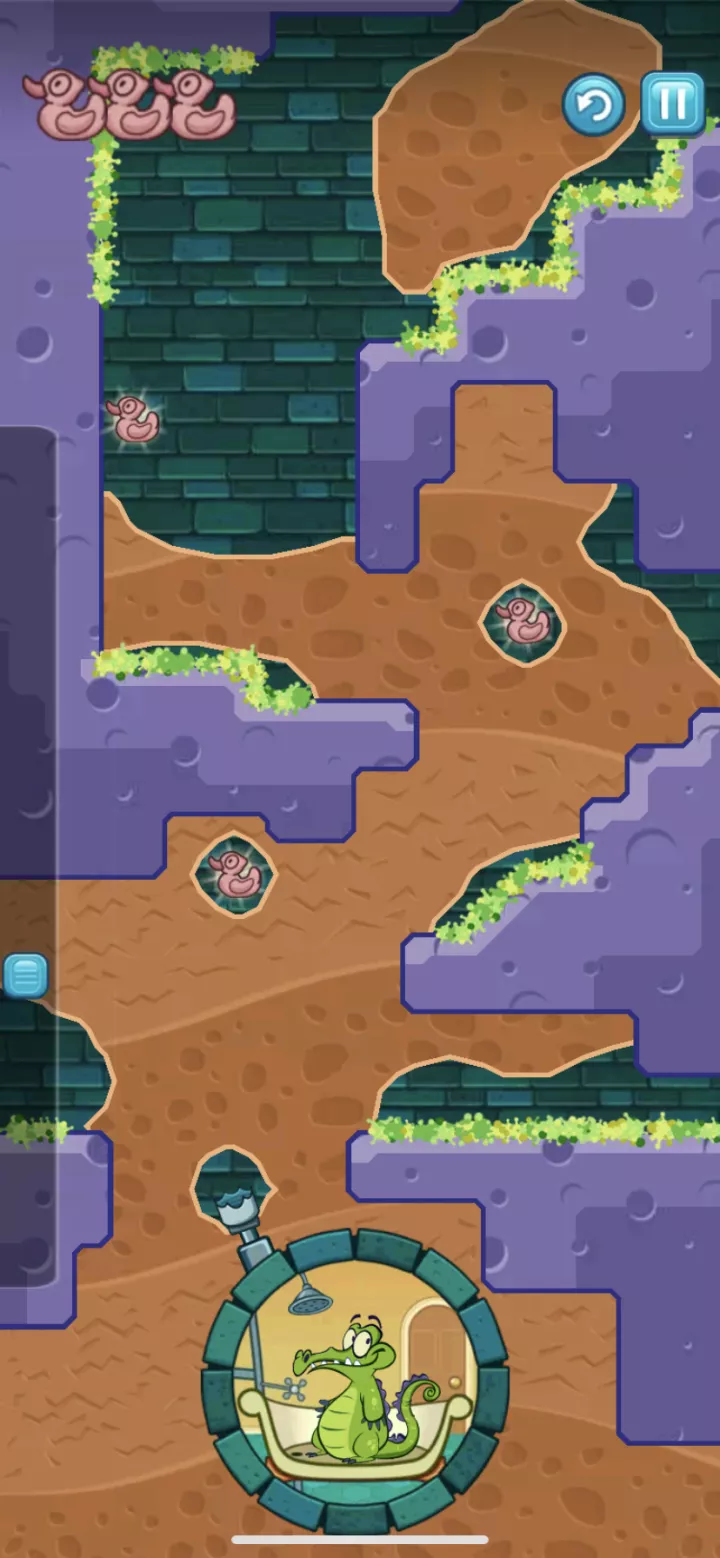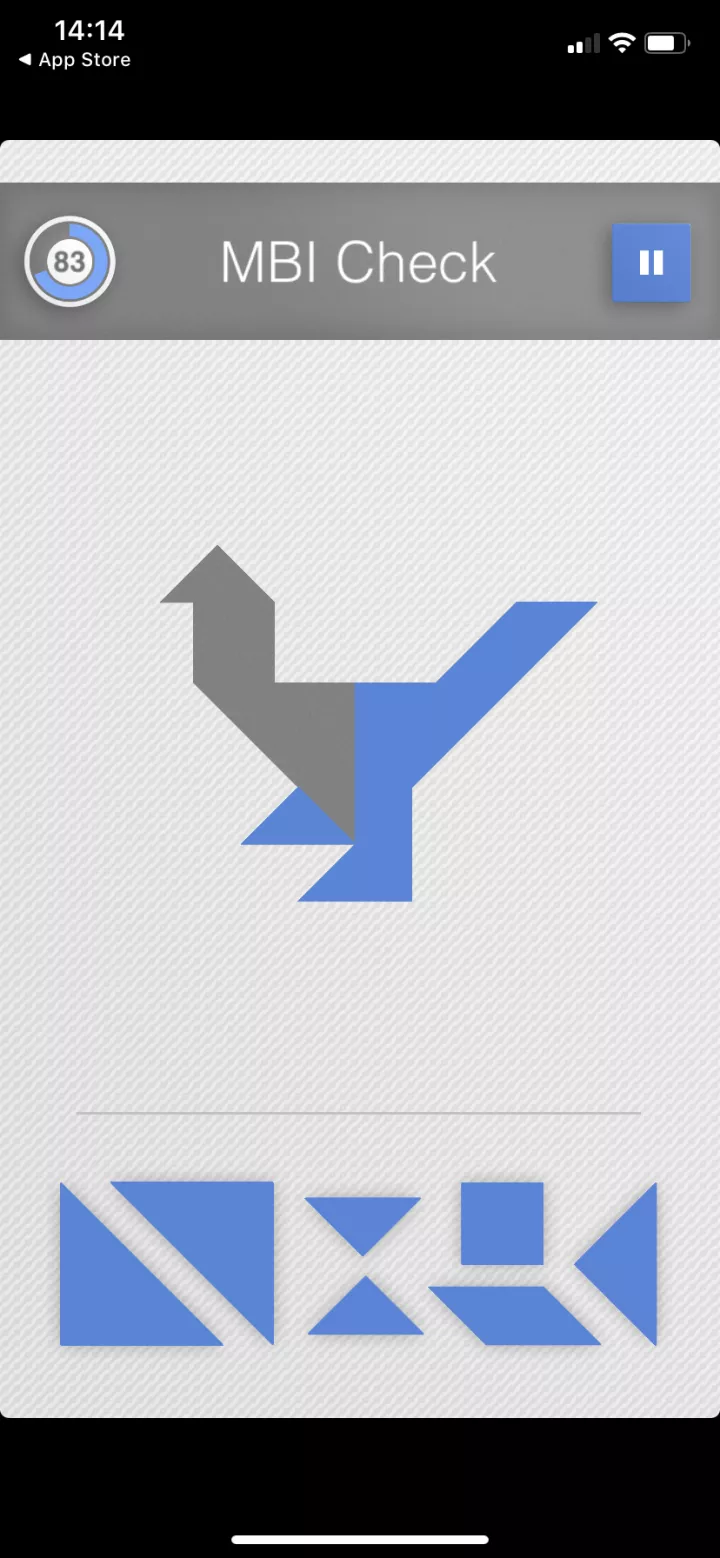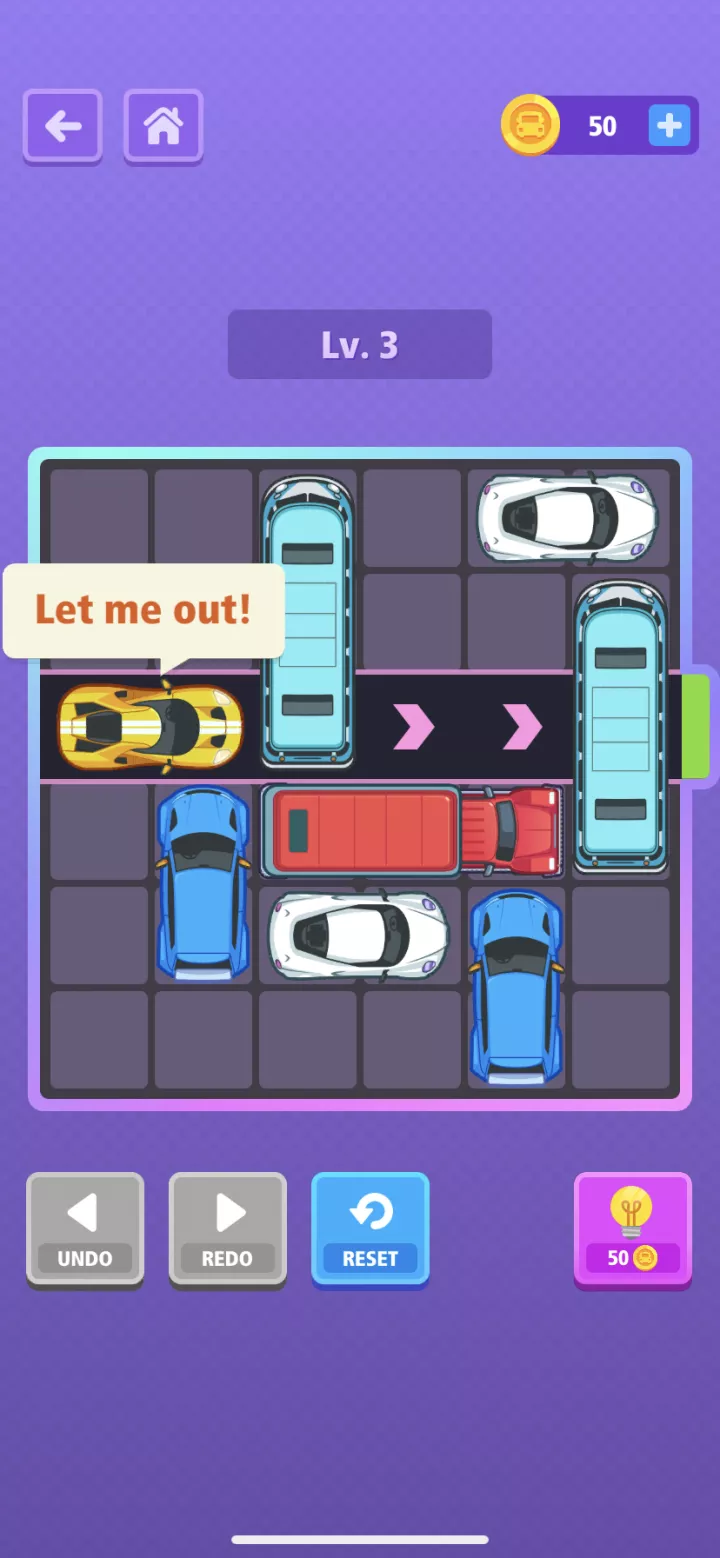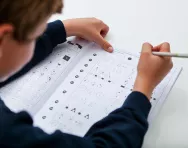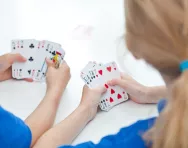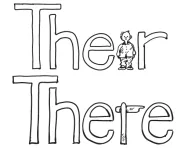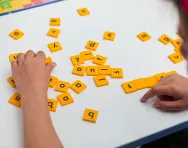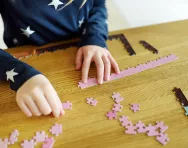Important update from TheSchoolRun
For the past 13 years, TheSchoolRun has been run by a small team of mums working from home, dedicated to providing quality educational resources to primary school parents. Unfortunately, rising supplier costs and falling revenue have made it impossible for us to continue operating, and we’ve had to make the difficult decision to close. The good news: We’ve arranged for another educational provider to take over many of our resources. These will be hosted on a new portal, where the content will be updated and expanded to support your child’s learning.
What this means for subscribers:
- Your subscription is still active, and for now, you can keep using the website as normal — just log in with your usual details to access all our articles and resources*.
- In a few months, all resources will move to the new portal. You’ll continue to have access there until your subscription ends. We’ll send you full details nearer the time.
- As a thank you for your support, we’ll also be sending you 16 primary school eBooks (worth £108.84) to download and keep.
A few changes to be aware of:
- The Learning Journey weekly email has ended, but your child’s plan will still be updated on your dashboard each Monday. Just log in to see the recommended worksheets.
- The 11+ weekly emails have now ended. We sent you all the remaining emails in the series at the end of March — please check your inbox (and spam folder) if you haven’t seen them. You can also follow the full programme here: 11+ Learning Journey.
If you have any questions, please contact us at [email protected]. Thank you for being part of our journey it’s been a privilege to support your family’s learning.
*If you need to reset your password, it will still work as usual. Please check your spam folder if the reset email doesn’t appear in your inbox.
Best brain-training apps for kids

The apps reviewed are not produced or distributed by TheSchoolRun. All details were correct when we reviewed them, but please note that some apps can be very short-lived and may become unavailable to download. We are unable to guarantee that the app listings we provide are completely up-to-date at all times.
Best all-round brain training app
MentalUP, from £6.99 for three months, Apple and Android
If you’re looking for an app that’s founded on science but fun for your child to play, you can’t go wrong with MentalUP, developed by experts from the UCL Institute of Education for children aged four to 13.
It focuses on building important cognitive skills including visual intelligence, spatial awareness, memory and analytical thinking, amongst others, through a series of puzzles and games tailored to your child’s age and stage. Breaking Blocks, for example, is a memory game where your child has to remember which tiles on a grid are coloured and then smash them, while Conveyor Belt involves matching shapes that go past on the belt to objects above by pattern or colour.
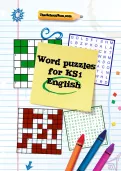
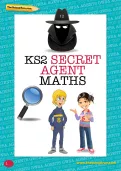
Claim four puzzle packs!
- Word Puzzle Packs
- Numeracy Puzzle Packs
- Challenging and exciting | Boost key skills
MentalUP encourages children to challenge themselves by aiming to beat other players’ average score and top score, and it measures your child’s performance so you can identify their strengths and weakness and track their progress over time.
Best graphics
Kiko’s Thinking Time, from £7.99 for one month, Apple
This app will captivate children who love Kawaii, with cute characters and Japanese-influenced brain-training games.
Designed in conjunction with neuroscientists from Harvard and Berkeley Universities, Kiko’s Thinking Time will help your child develop skills in six areas of cognition: memory, reasoning, flexibility, attention, spatial ability, and inhibition control.
Games include completing sequences of ice creams and puddings, working out which 2D ingredients go into a 3D sushi roll, and matching the dots on horseshoes to a given number. The games adapt to your child’s ability level to keep them challenged, and there are daily quests to make sure they’re playing little and often.
Best for developing logical thinking
Sudoku School, lite version free, Apple
Sudoku is an ancient form of Japanese puzzle where you have to enter numbers on a grid, ensuring that each number is only used once in each row and column.
Usually, Sudoku is played on a 9x9 grid, which can be tricky for children to master. Sudoku School introduces the game using 4x4 and 6x6 grids which are much simpler and will help your child build spatial reasoning and logic skills. The game tiles have an easy drag-and-drop function, and the grid will only accept a tile if your child puts it in the right place. The tiles are also coloured so they can use the colours as well as the numbers to spot patterns.
The free version of the game has 20 puzzles for your child to get to grips with. You can also buy 2,500 more 4x4 puzzles and 2,500 more 6x6 puzzles for 99p per pack.
Best for non-verbal reasoning
Brain Kids, from $1.99, Apple
This fiendishly tricky app is designed for kids but will also put adult brains to the test, making it perfect for working on together with your child.
Brain Kids has three ‘books’ with levels of increasing difficulty, each featuring activities like matching objects, reasoning and mathematical calculations. Your child will be challenged to find the odd one out, work out which domino comes next in a sequence, copy a picture by drawing it on a grid, and more.
The app has a focus on non-verbal reasoning skills, which are an important part of 11+ preparation and will also develop your child’s critical thinking skills. There’s a free version that gives you access to the first chapter of each book, but you can buy the full game from $1.99 (approximately £1.50) per book.
Best for developing working memory
Memory Match, free, Apple
Developing working memory – the ability to hold information in your brain temporarily – is an asset for every child. For example, it allows them to hold numbers in their mind while doing mental maths calculations, or listen to instructions so they can complete a task.
Memory Match helps to develop this working memory by showing your child a grid with certain squares coloured in. After a couple of seconds, the coloured squares disappear, and your child has to replicate the pattern from memory.
You can choose the difficulty level by selecting the size of the grid (from 5x5 to 10x10), and every time your child correctly remembers the pattern, the number of coloured squares increases. If they get an answer wrong, the difficulty level decreases, and if they get 10 wrong answers, it’s game over, and back they go to the start.
Best for improving processing speed
GON Memory Game, free, Amazon
GON is a strangely addictive game that will improve your child’s concentration, memory, speed and reaction times.
The game features five different geometrical shapes – circle, triangle, square, pentagon and hexagon – with each side or segment a different colour, and with its own tone. A pattern flashes up on screen with different sides highlighted, and your child’s task is to repeat the pattern by tapping the right side of the shape in order, guided by the sounds as well as the visuals.
Each time your child correctly memorises the pattern, another step is added to the next puzzle (so one side, two sides, three sides and so on). But if they get the pattern wrong, the challenge restarts. Your child earns a point for each step completed, and can record their high scores and compete with friends and other players worldwide (without needing to share any personal information).
Best daily brain trainer
Think!Think!, basic membership free; from £2.49 per month for enhanced packages, Apple and Android
It’s always a good sign when an app is designed by teachers, and Think!Think!, from the creators of international schools competition the Global Maths Challenge, doesn’t disappoint.
The game aims to develop lateral thinking and spatial reasoning skills through a range of engaging mini games that will encourage your child’s problem-solving skills, for example connecting road tiles to form a route between houses, and working out whether a 3D shape will fit through a 2D hole in a wall.
Think!Think! has over 100 mini games but gives your child access to a maximum three puzzles a day, depending on subscription level, to keep them coming back for more. It also encourages them to build resilience by learning through their mistakes.
Best gameplay
Where’s my water?, £1.99, Apple and Android
This Disney app is centred around Swampy, a friendly crocodile who lives in the sewers but likes a shower at the end of the day. Your child’s task is to cut through rock to create channels and guide fresh water to Swampy’s shower, avoiding filling it with dirt and toxic water.
While your child may think they’re just playing a game (which, incidentally, pushed Angry Birds off the top of the apps chart), they’re actually learning about physics, using critical thinking and solving problems through perseverance, trial and error. As they work through the levels, they’ll be given increasingly tricky challenges to solve.
As well as Swampy, there are three other characters, each with their own set of problems to solve, with a total of 500 puzzles to tackle (some require in-app purchases).
Best IQ booster
Mensa Brain Training, free (Apple) / £1.99 (Android)
Mensa, the original high IQ society, helps to train your child’s brain through daily exercises focusing on five disciplines: memory, concentration, mental agility, perception and reasoning.
Entering your child’s age will provide them with exercises that, while challenging, are suitable for their developmental stage. Before they start their daily brain training, they work through a series of problems, including tangrams, memory puzzles and odd-one-out challenges to calculate their Mensa Brain Index. The app then devises a programme based on their areas of difficulty in order to strengthen that particular skillset.
Ideally, your child should complete exercises in each of the five disciplines every day. They can then take the MBI test again to see if they’ve improved their IQ.
Best for spatial awareness
Let Me Out, from £1.79, Android
This game will help your child develop strategic thinking skills as they manoeuvre a car out of a car park by moving other vehicles around a grid, horizontally or vertically, to create a clear route. Your child has to work out in which order to move the vehicles, thinking about next steps and their end goal at the same time.
As they progress through the levels, they unlock more vehicle-based challenges, including one that involves building a network of roads for a car to negotiate, and another guiding a car along a route, taking in every square of the grid on the way.
Your child can earn coins through a variety of missions, and by taking part in a daily challenge. These coins can be collected or used to buy hints to help them solve the problem.
